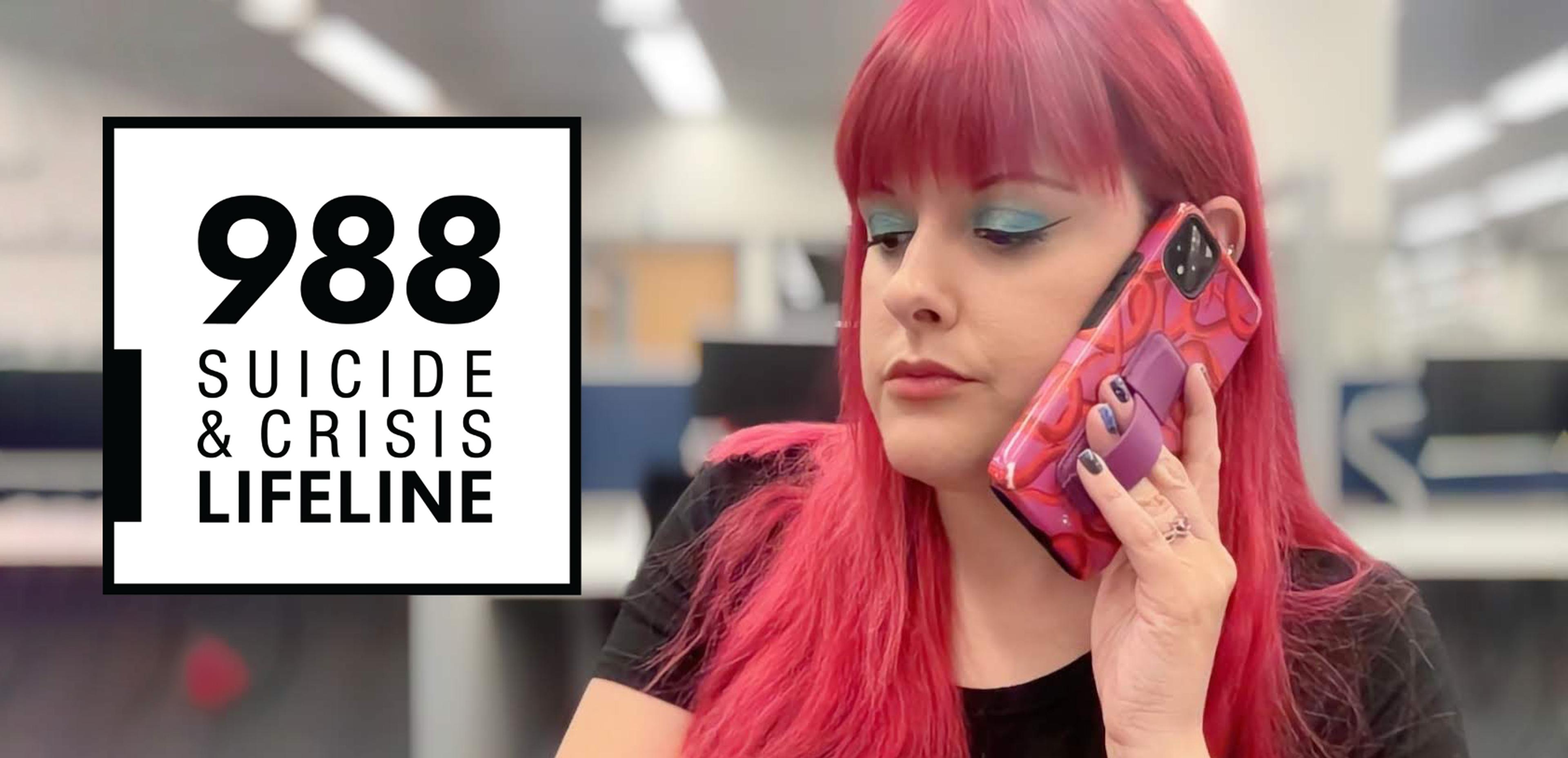This Suicide Prevention Month, I Remember.

Monica Drake
| 4 min read

Content warning: this article discusses thoughts of suicide.
I remember the first time I seriously contemplated suicide.
It was junior year of high school after hearing a rumor that a guy in my class made fun of the way I looked. And, being a painfully shy teenager, I decided to write him a too-long note instead of confronting him face-to-face. I know, I know, you are probably cringing with how bad of an idea this was. And yes, it was a very bad idea.
This boy decided to pass the note around the school. The entire men’s glee club read it. His religion class. Even the priest who taught the class, who decided to say, in front of the other students, “It sounds like she likes you,” before giving the note back.
When my peers came up to me to tell me what had happened, I, of course, thought it was the end of the world. I thought I would never live this down and that I would be ridiculed for the rest of my high school career. The emotional pain was so excruciating, and the only way I thought I could end this pain was to not be alive anymore.
This happened on a Friday, and, after telling my mom that I wanted to die, she hardly left my side that weekend. She’s the one who put things into perspective for me. I'm my mom's only child — born after she thought she would never have kids. And I will always remember her sitting at the edge of my bed, with tears in her eyes, saying "You're my angel" and that she couldn't stand it if anything happened to me.
Her saying that saved my life because it reminded me that, no matter what other people said about me, there was one person who cared about me and loved me no matter what. And, within a week or two, my classmates had forgotten about what happened and were on to the next gossip.
I’ve had so many different life experiences since then– the happy, the sad, and the life-changing – and I’ve met so many wonderful people. These moments were so close to never happening if I had let this one embarrassing moment determine the rest of my life.
It’s important to talk about it
Now, as an adult who takes care of her mental health, that doesn’t mean the suicidal thoughts have disappeared. They range from the random thought popping into my head, “Why don’t you walk out into traffic?” – which I’ve gotten used to promptly telling, “No! Shut up!” Then there’s the much scarier thought that comes whenever I have a panic attack – telling me that nobody loves me and that the world would be better off without me in it.
During these times, I’m not thinking about my future. I’m not thinking about the people who would miss me. I’m not being selfish. I just want the pain to stop. But, since I am well-versed in mental illness, I have learned to lay in my bed with my hands at my side – not moving until the panic attack recedes. And I force myself to remember what my mom said to me nearly 20 years ago– reminding myself that, if I did end my life, it wouldn’t only affect me. It would affect all those who love me.
For the longest time, I was embarrassed by these thoughts. But, now, I can actually talk about it – publicly in a blog, no less – instead of being ashamed. Because struggling with your mental health and having suicidal ideations is nothing to be ashamed of, and it is something you need to talk about.
Seeking professional help for a mental illness needs to be just as commonplace as getting treatment for any other physical disease. But according to Mental Health America, more than half (54.7%) of adults with a mental illness do not receive treatment.
Clinical psychologist Dr. Rheeda Walker told People Magazine, "If individuals felt that they could get the help they needed and without judgment, I do feel that more people would get help. ... I believe that we have the tools to navigate our social circumstances, but we first have to recognize that there is indeed a crisis brewing just below the surface."
Stop treating mental illness and suicide like a taboo subject because it shouldn't be. Make it as common as telling a friend, "Oh my back hurts today!" or "Ugh I have a splitting headache!" You don't have to silently suffer. And the more you talk about it, the more others will feel comfortable talking about it too.
If you are struggling with your mental health, help is available. Talk to your primary care physician, who can treat mental health conditions or refer you to a psychiatrist or therapist for additional help. If you or someone you know is considering suicide, call the 24/7 National Suicide Prevention Lifeline at 988.
Opinions expressed in this blog belong solely to the author and do not necessarily reflect the opinions or beliefs of Blue Cross Blue Shield of Michigan or its subsidiaries and affiliates.
Photo credit: Monica Drake





